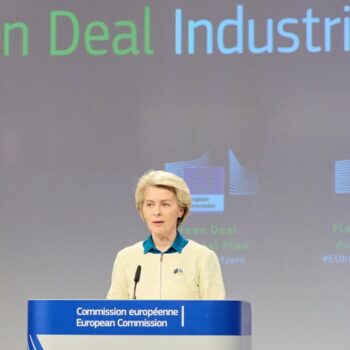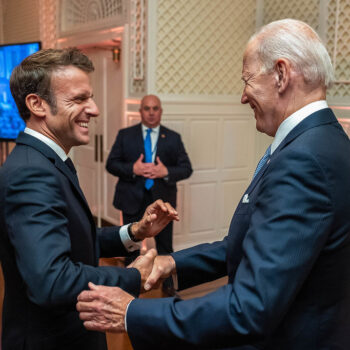The domestic choices Europe makes this year will send important signals internationally about the credibility of its commitment to decarbonise. While Europe can underestimate its role in setting global norms, many countries still look to Europe as a laboratory for the low-carbon transition. What’s more, the example of Europe’s structural reforms can inform the kind of robust international climate regime that Europe needs from Paris to guarantee its future prosperity and security.
Our Q&A spells out some of 2015’s important European debates, and explains how the decisions Europe makes can help or hamper efforts to secure an ambitious outcome from December’s UN climate conference.
Energy Union
Why does it matter? The Energy Union agenda is about strengthening European cooperation on energy, climate and infrastructure, demonstrating how member states can work together to better protect their citizens from 21st century risks. The key choice at stake is about whether Europe pursues a narrow fossil fuel approach to energy security, or uses this political opportunity to reduce its energy dependence and its carbon emissions at the same time.
Look out for:
– Incentivising investment in low-carbon infrastructure over risky high carbon projects.
– Will the Energy Union be based around Europe’s long-term decarbonisation goal?
– Meaningful measures to put the ‘energy efficiency first’ principle into practice
– Signals that Europe is ending fossil fuel subsidies
2030 Governance
Why does it matter? The strength of the governance system will determine whether the EU can instil confidence in investors and other countries that it will meet its 2030 targets.
Look out for:
– Model for how INDCs are assessed in line with a global 2050 goal or the 2°C obligation.
– Opportunity to strengthen calls for a review and ratchet in the Paris deal
– Showcasing Europe’s assets for climate diplomacy: institutional innovation, principles of MRV and continued commitment to decarbonisation.
Investment Package
Why does it matter? How Europe decides to channel this major investment will be one of the clearest short-term indicators of Europe’s commitment to decarbonisation. Prioritising low-carbon investment to drive growth would put the main message of the 2014 New Climate Economy report into practice: that countries of all income levels can build lasting economic growth while taking action to reduce the immense risks of climate change.
Look out for:
– Whether the project selection criteria consider the high risk of stranded assets in high-carbon infrastructure, and demonstrate Europe’s credibility in phasing-out coal
– Leveraging private finance in a ‘beyond subsidies’ model for low-carbon investment
Emissions Trading Scheme reform
Why does it matter? Today’s carbon price in the ETS is not high enough to drive even the most basic of abatement i.e. coal-to-gas switching. The ETS is theoretically the cheapest way to cut emissions; if Europe doesn't make the ETS start driving emissions reductions we could end up with a multitude of overlapping national climate policies that makes European decarbonisation more expensive, more bureaucratic and might not actually cap European emissions.
Look out for:
– Whether MEPs and ministers can agree reforms that have a real impact on the carbon price
– Realigning financial flows to fund credible low-carbon energy modernisation and just transition schemes


